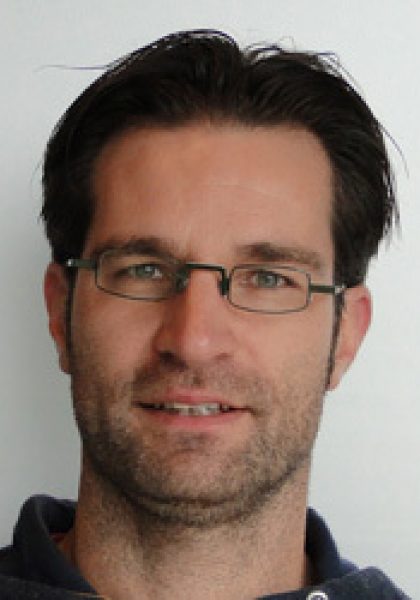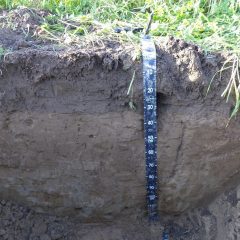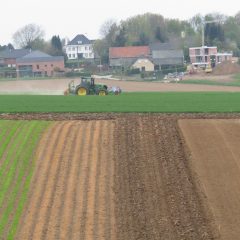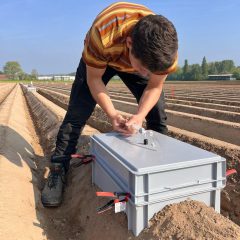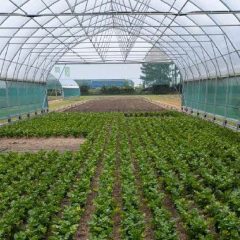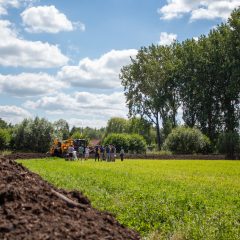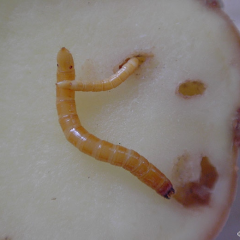Research project Horti-BlueC
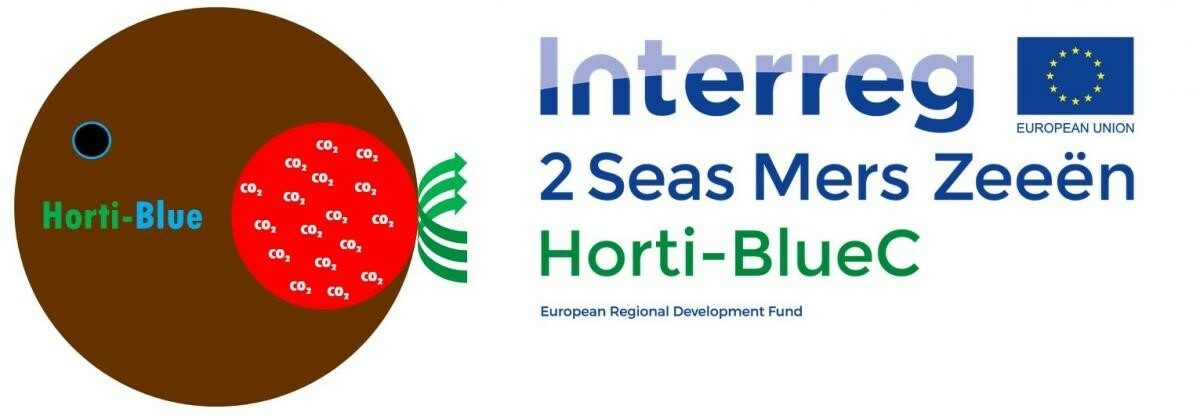
General introduction
The Interreg 2 Seas project Horti-BlueC puts together the puzzle pieces of various useful organic waste streams to create better and more sustainable growing substrates in greenhouses. The specific goal is to make the substrates for strawberry and tomato in greenhouses more sustainable. We work (further) on residual flows from agro, agri-food and fishery activities, which are processed into compost, plant fibers, biochar and chitin. The final goal is to come up with technically sound and economically interesting cultivation substrates, in collaboration with a number of partners who contribute their practical knowledge. The project also works on a strategy to heat greenhouses in a sustainable way, and to 'feed' the plants with CO2. Finally, we also formulate suggestions and arguments to adjust the legislation, where it forms an obstacle to roll-out.
Research approach
Plant fibers, spent horticultural substrates, crustacean waste (source of chitin), CO2 from combustion gases and the woody fraction of green waste were processed into raw materials with added value when used in sustainable growing media. Within Horti-BlueC chitin from shrimp peel and biochar based on spent growing media or green waste were upcycled into a plant-strengthening product and/or fertilizer, so that the use of chemical plant protection products and fertilizers can be reduced. This reduces the nutrient retention in the horticultural substrates at the end of crop cultivation. This allows that the substrates can be reused as raw materials after use in the cultivation of strawberry or tomato. The heat and CO2 produced by the biochar production are also used in the greenhouse.
Relevance/Valorization
This project allowed to adopt new techniques for circular horticulture. The extraction, production or transport of peat, coconut and mineral wool in horticultural substrates are under discussion. The production of plant protection products and artificial fertilizers also requires energy and therefore also has an important climate impact. By developing plant-strengthening crop substrates locally based on residual flows, a great deal of climate gain can be achieved and horticulture can take a step further in closing cycles.
Financing
Interreg IVA 2 Mers Seas Zeeën
Provincie Oost-Vlaanderen
Provincie Antwerpen
